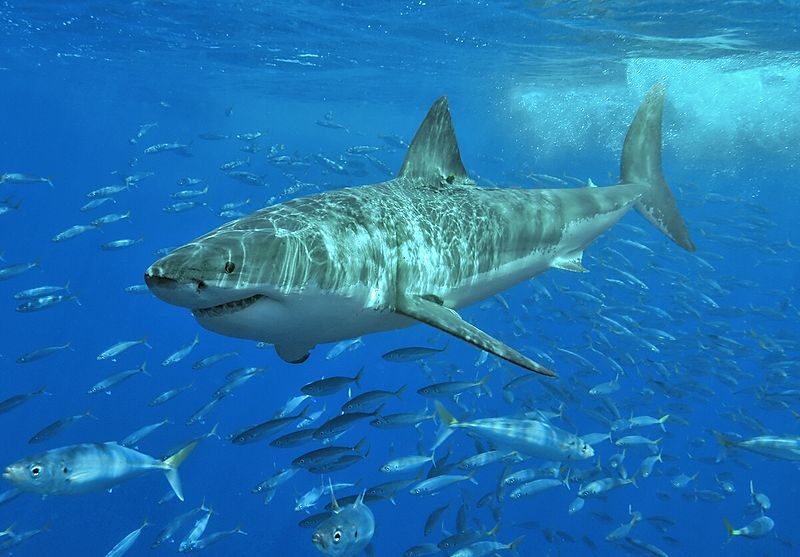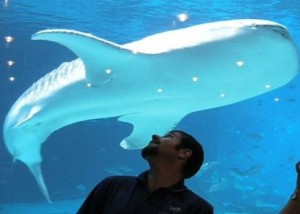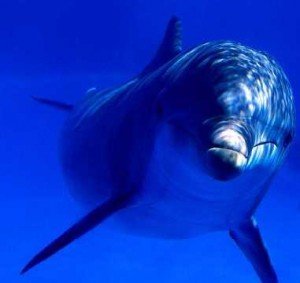 One week after the world premier at the Benthic Ecology conference’s Beneath the Waves Film Festival, I am pleased to announce that my new shark conservation mini-documentary, “four things everyone needs to know about sharks”, is now available on YouTube.
One week after the world premier at the Benthic Ecology conference’s Beneath the Waves Film Festival, I am pleased to announce that my new shark conservation mini-documentary, “four things everyone needs to know about sharks”, is now available on YouTube.
Check it out here:
If you are an educator, the movie is intended to be part of a lesson plan about shark conservation. I have created a middle school version, a high school version, and a college version. Contact me at WhySharksMatter AT gmail DOT com with the subject “Shark Lesson Plan” and I’ll send you what I have, or we can discuss making a custom lesson plan that suits the specific needs of your class.
If you are not an educator but care about sharks, the movie can be a stand-alone way to educate your friends, family, coworkers, classmates, etc.
Please let me know what you think about the video by commenting on this blog post.
Thanks to all of my photographer and musician partners in this project!
Check out their websites:






